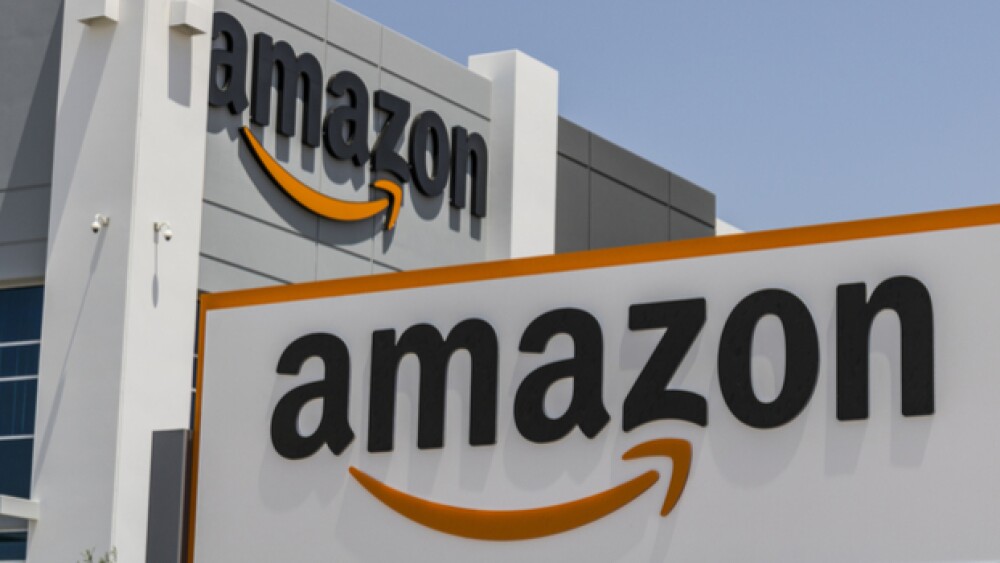Ahead of the JP Morgan Healthcare Conference, Jamie Dimon, chief executive officer of JP Morgan Chase, hosted a private dinner for biopharma executives Sunday night. Although the dinner was private, apparently one of the hot topics of discussion was a company not represented at the party—Amazon.
Jonathan Weiss / Shutterstock.com
Ahead of the JP Morgan Healthcare Conference, Jamie Dimon, chief executive officer of J.P. Morgan Chase, hosted a private dinner for biopharma executives Sunday night. Although the dinner was private, apparently one of the hot topics of discussion was a company not represented at the party—Amazon.
One reason this undoubtedly came up was because a year ago, Dimon created a joint venture with Berkshire Hathaway’s Warren Buffett and Amazon’s Jeff Bezos to cut healthcare costs and improve services. They named Atul Gawande the joint venture’s chief executive officer. The company will be located in Boston, and many in the healthcare industry suspect that if it’s successful, it will have—depending on your perspective—a ripple effect or a disruptive effect on U.S. healthcare.
The joint venture has largely been off the media radar since about September, when Gawande announced he was going to take a tour among the three companies’ million-plus employees, polling them on their healthcare usage and needs.
Dimon’s party guests included about 25 biopharma executives from companies including Eli Lilly, Pfizer and Johnson & Johnson, as well as JP Morgan investment bankers.
Dimon, discussing the joint venture at the party, apparently told the room, “We are not happy with health-care costs and want to help.”
Reportedly, the guests also questioned Dimon closely about what Amazon’s plans for drug delivery might be. In June 2018, Amazon bought PillPack, an online pharmacy that allows customers to buy drugs in pre-made doses. Since Amazon disrupts whatever industry it touches, this is of more than passing interest to biopharma executives. Although the possibility that the world’s largest e-tailer might start delivering drugs online could be a possible plus for the biopharma industry, the resultant effects on bulk purchasing and pricing power would likely be a double-edged sword for the drug industry.
Although most of the guests have kept mum about any details mentioned at the party, CNBC’s Jim Cramer said he thought the Dimon-Bezos-Buffett joint venture should bring in Apple, but it would probably have to be Dimon who does it because Warren Buffett’s Berkshire Hathaway has a huge stake in Apple.
“It is really time for, I think, that ecosystem to embrace the Apple ecosystem,” Cramer said.
The night before Cramer’s comments, he interviewed Apple’s chief executive officer Tim Cook, who hinted that Apple will announce new services sometime this year, particularly in health care. The company has invested in health and wellness the last several years, focused largely on Apple Watch health and fitness monitoring.
“I believe, if you zoom out into the future, and you look back, and you ask the question, ‘What was Apple’s greatest contribution to mankind?’ It will be about health,” Cook told Cramer.
The lines between healthcare, biopharma and drug distribution have always tended to be a bit fuzzy, but that has been getting even blurrier lately now that CVS Health closed its acquisition of Aetna, consolidation in the generic drug industry, and increasingly by forays into healthcare by the tech industry. Examples include Google/Alphabet’s various companies, including Verily and Calico, and the Chan Zuckerberg Initiative and the Chan Zuckerberg Biohub





